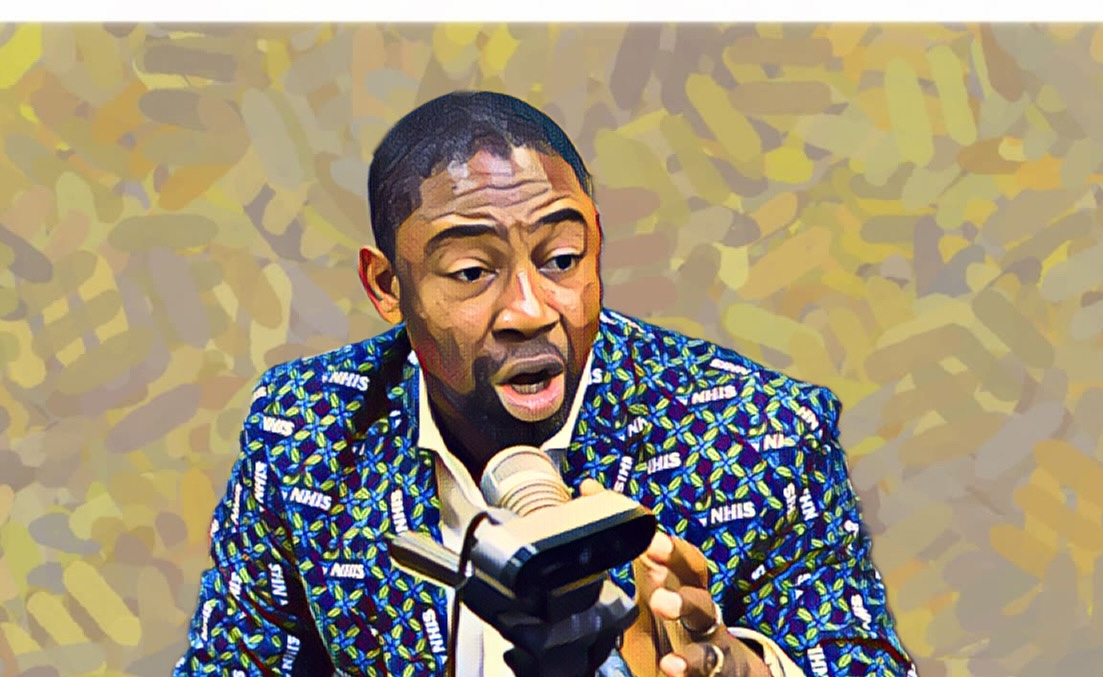Key Points
-
Okoe Boye says free speech is under threat in Ghana.
-
NPP youth protest highlights arrests of party activists.
-
Silencing dissent risks killing innovation and democracy.
Former Health Minister Dr. Bernard Okoe Boye has warned that Ghana’s democracy is at risk if citizens continue to face arrests for their views. He spoke at the New Patriotic Party (NPP) youth wing’s protest in Accra on Tuesday, September 23, 2025.
Okoe Boye said democracy only thrives when people can speak freely, even if their words sound blunt or offensive. He warned that punishing people for their opinions creates fear and weakens society.
“Once someone can be arrested and handcuffed for speaking in a way another person dislikes, all of us are in danger,” he said.
Protest triggered by Abronye DC’s arrest
The protest followed the arrest of NPP Bono Regional Chairman Kwame Baffoe, known as Abronye DC, on September 8. Police charged him with offensive conduct and publishing false news.
Protesters argued his arrest was only the latest case of intimidation against NPP members. They also pointed to the arrests of Chairman Wontumi (Bernard Antwi-Boasiako) and activists like Sir Obama.
Okoe Boye criticized police actions he described as unprofessional. He highlighted Sir Obama’s arrest: “Why do you go to an activist’s house at 4 a.m., break down his door, and arrest him—not for harming anyone but for posting a picture on Facebook? These are dangerous precedents,” he said.
Democracy and innovation at risk if dissent is silenced
Okoe Boye said silencing dissent could damage Ghana’s democracy and block the nation’s progress. He argued that countries that once thrived but later collapsed often suffered from what he called a “culture of silence.”
“When people stop speaking, society loses its energy,” he said. “We also lose innovation and drive.”
He stressed that Ghana must remain open to different voices, whether polished or blunt. According to him, this is the only way to build a strong and lasting democracy.
He explained that the protest had two aims: to defend free speech in Ghana and to resist what he described as growing harassment of political activists.
Protesters carried signs, chanted slogans, and vowed to continue speaking out until government authorities respect freedom of speech.




